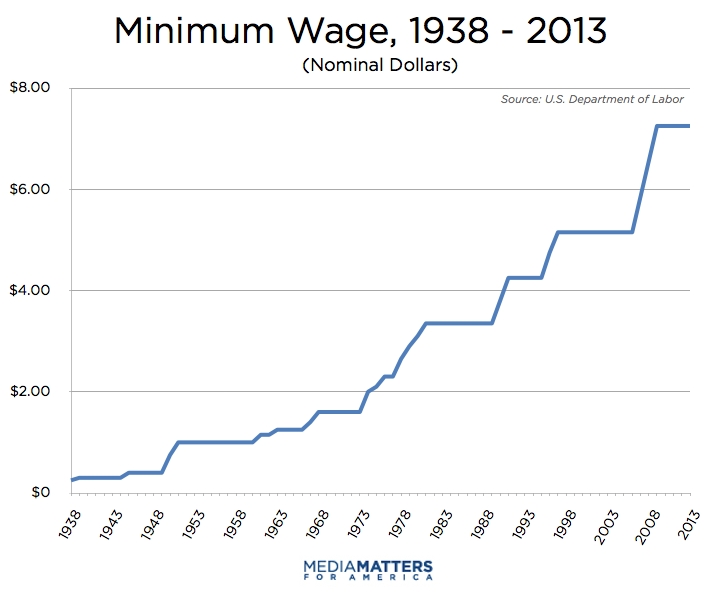WHILE SOME OPPOSE increasing Michigan’s minimum wage, a new poll shows strong support for raising the rate from $7.40 to $10.10 an hour.
Denno Research conducted the poll of 600 likely voters in the state’s general election.
“We had 65 percent were strongly supportive or somewhat supportive,” Dennis Denno said.
“Only 32 percent that were somewhat opposed or strongly opposed.”
Denno said he had expected a wide variety of the results.
“Not surprisingly 85 percent of Democrats were supportive, but even 65 percent of independents were supportive,” Denno said. “I thought we would see significant drop off in older voters, but we didn’t see that either.”
Yannet Lathrop, from the Michigan League for Public Policy, says any increased costs associated with a higher minimum wage would be between one and three percent.
She said that the increase shouldn’t be a problem for business owners — who have expressed the most concern about a proposed minimum wage increase, worried that it will force them to cut staffing and possibly raise prices.
“We are still going through the defects of a recession,” Lathrup said. “On a situation nationwide, inflation wouldn’t be a concern because the labor costs of businesses are relatively low. I don’t think that would drive consumers away.”
Lathrop points to a study from Center for American Progress which showed that raising minimum wage would help up to 128,000 Michigan families get off of food stamp benefits, saving $205 million in government spending.
Instead of cutting staff, business owners are more likely to increase marketing to drive more consumers to its business, she said. Also, Lathrop said, businesses could cut salaries of higher paid workers and require higher work productivity.
Paul Saginaw, Founder of Zingerman’s Community of Businesses in Ann Arbor — a partnership of eight businesses that employ 630 people in Ann Arbor — supports the wage hike and believes it will do more good than harm.
“People out there making minimum wage and struggling is undermining the economy,” Saginaw said. “The small business sector is the economic engine of communities, and this could create more jobs overall.”
Rebecca Hatley Watkins of First United Methodist Church in Kalamazoo, who also backs plan, said that if the minimum wage is raised, more workers could leave food stamps behind.
“You know if we made more, we wouldn’t have to depend on those,” Watkins said.
Watkins said that after her husband lost a well-paying job and had to settle for minimum wage position, they eventually lost their home and were homeless for six months..
If passed, the proposed increase in the minimum wage would gradually go into effect over a period of three years.


